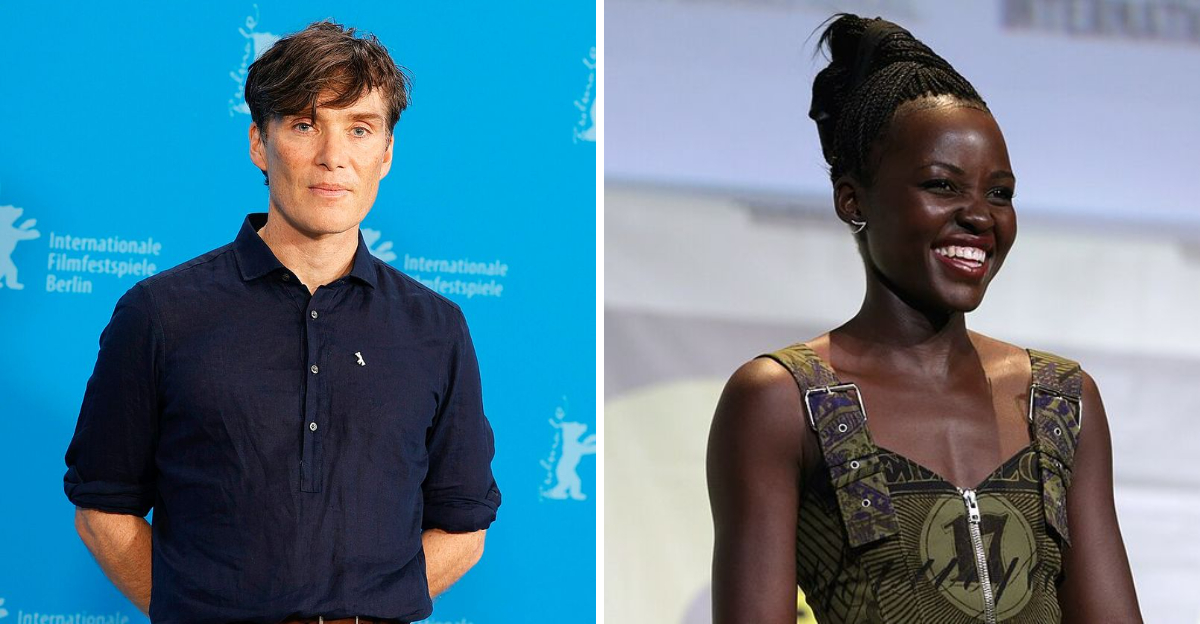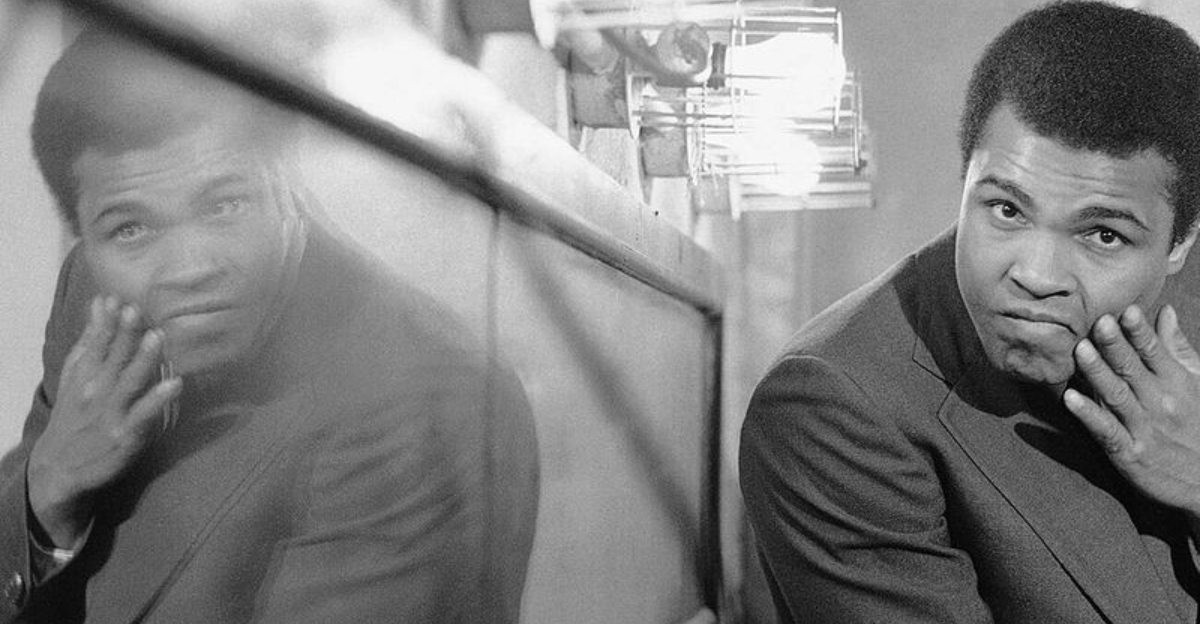The Movies Everyone Should See At Least Once, According To Critics
Movies have this magical power to transport us to different worlds, make us feel deeply, and change how we see life. Critics spend their careers watching thousands of films, so when they agree on certain ones, you know those movies are truly special.
These ten masterpieces represent the absolute best cinema has to offer, spanning different countries, decades, and styles that every film lover should experience.
Many of these timeless titles also appeared in the Sight and Sound Greatest Films of All Time poll (2022), reaffirming their legendary status among filmmakers and critics alike.
1. Vertigo (1958)
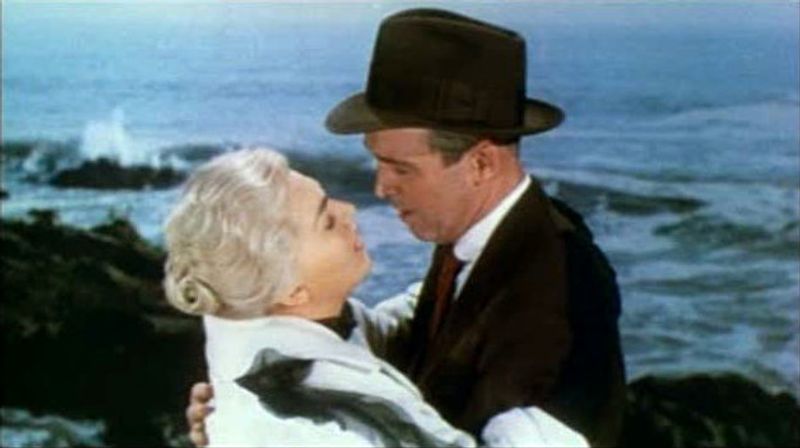
Alfred Hitchcock crafted this psychological thriller about obsession, identity, and the dangers of trying to recreate the past. James Stewart plays a detective afraid of heights who becomes dangerously fixated on a mysterious woman.
The film flopped initially but critics like Peter Machen and Michael Wood now recognize its genius. Those swirling camera shots and that haunting green dress create an atmosphere of dread that sticks with you forever.
2. Citizen Kane (1941)
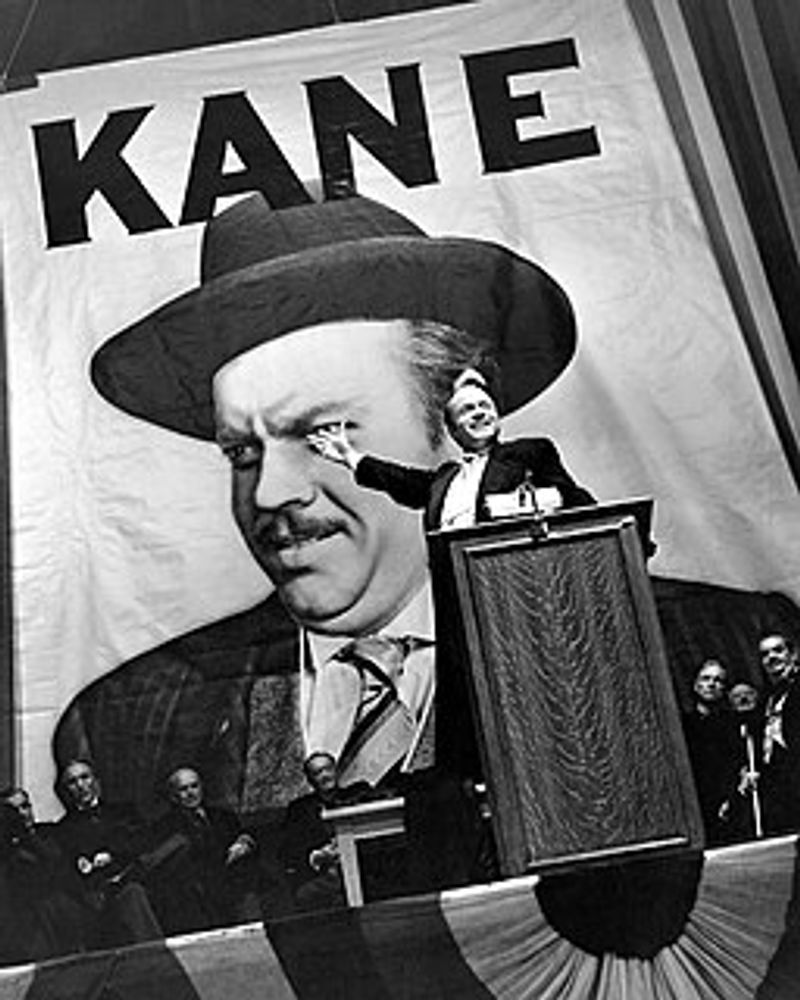
Orson Welles was only 25 when he co-wrote, directed, and starred in this revolutionary film about a newspaper tycoon’s rise and fall. The story unfolds like a mystery as reporters try to decode Kane’s dying word: Rosebud.
Though it topped critic polls for decades, what makes it timeless goes beyond technical innovation. Scott Jordan Harris and James Naremore appreciate how it captures American ambition and loneliness perfectly.
3. Tokyo Story (1953)
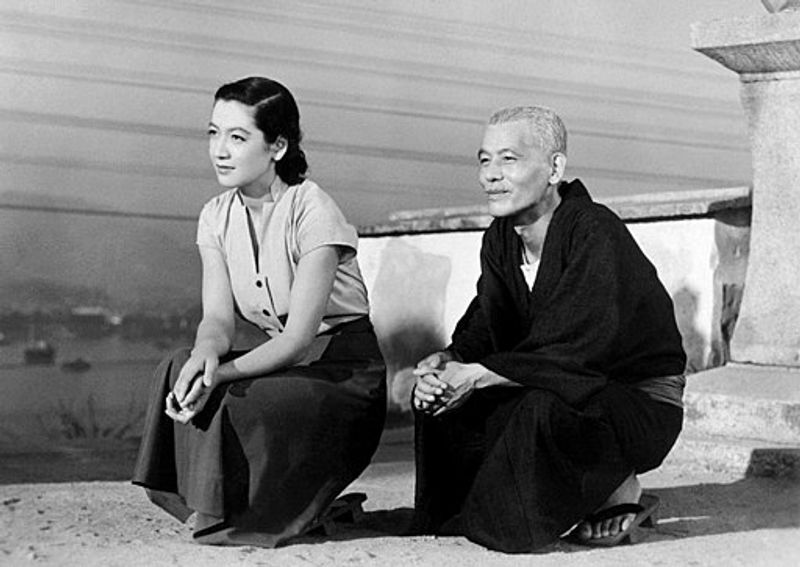
Yasujiro Ozu’s masterpiece tells the simple yet heartbreaking story of elderly parents visiting their busy adult children in Tokyo. Their kids barely have time for them, revealing uncomfortable truths about family obligations and generational drift.
Justin Chang and Manohla Dargis voted for this because it captures universal feelings about aging and family with incredible gentleness. You’ll recognize your own family dynamics here, which makes it both beautiful and painful.
4. 2001: A Space Odyssey (1968)
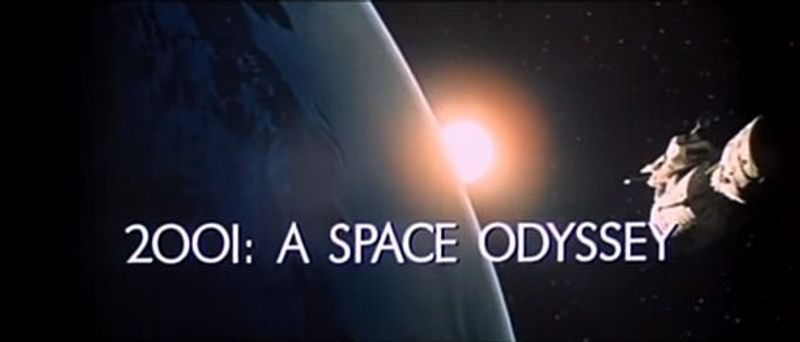
Stanley Kubrick’s science fiction epic remains mind-blowing decades later, exploring human evolution from prehistoric apes to space travel and beyond. That mysterious black monolith appears at crucial moments, pushing humanity forward in ways we can’t fully understand.
Marcos Mereles and Peter Machen praise its philosophical depth and stunning visuals that predicted actual space technology. The film asks huge questions about existence without providing easy answers, just saying.
5. Mulholland Dr. (2001)
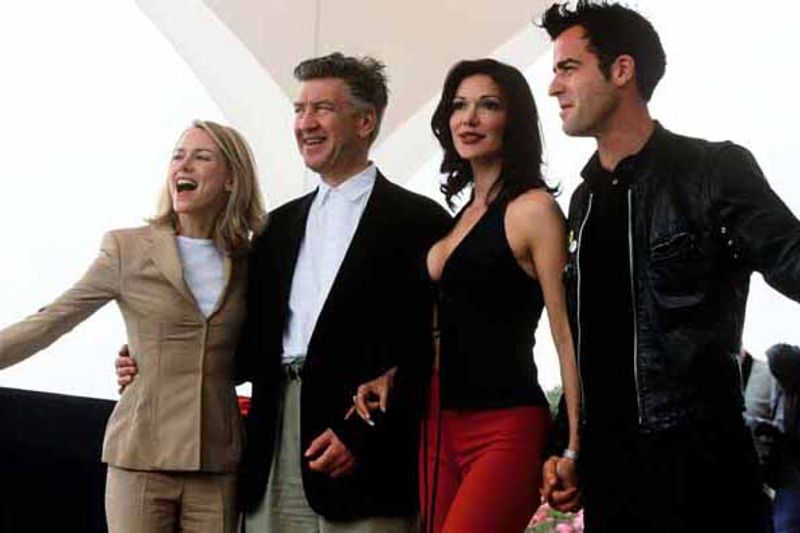
David Lynch’s Hollywood nightmare begins as a mystery about an amnesiac woman and an aspiring actress, then transforms into something far stranger and darker. Nothing is quite what it seems in this twisted love story and showbiz critique.
Critics Leila Latif and Paul O’Callaghan love how it rewards repeated viewings as you piece together its puzzle-box structure. The film captures the dark side of Hollywood dreams with unforgettable imagery and genuine terror.
6. Man With A Movie Camera (1929)
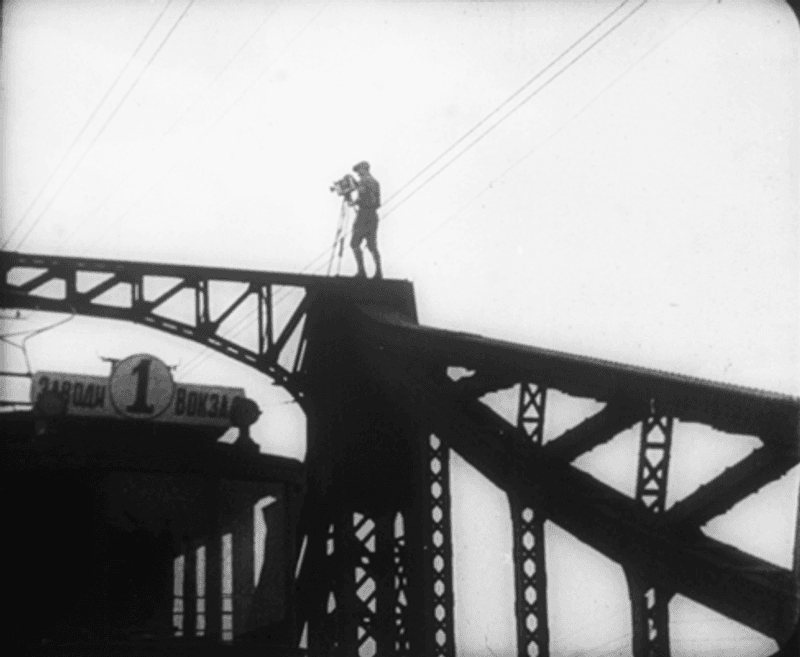
Dziga Vertov created this experimental documentary showcasing a day in Soviet city life without any story or actors. The cameraman himself becomes the subject as we watch him capture everyday moments with incredible creativity.
Cristina Formenti and Nandana Bose appreciate its revolutionary editing techniques that influenced filmmaking forever. Split screens, slow motion, and dizzying camera angles prove that silent films from the 1920s could be wildly inventive and modern.
7. Singin’ In The Rain (1951)
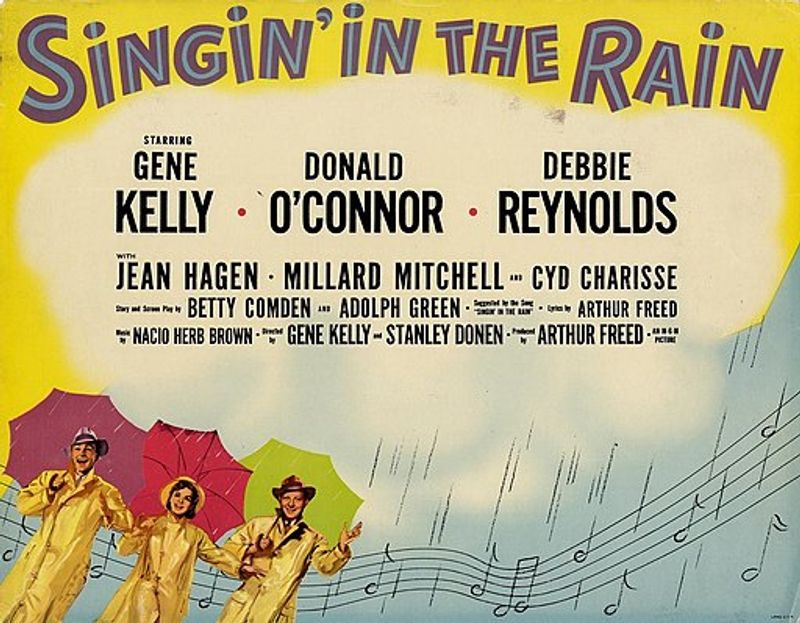
Gene Kelly and Stanley Donen directed this joyful musical about Hollywood’s awkward transition from silent films to talkies in the late 1920s. That iconic rain-soaked dance number represents pure happiness caught on film.
Peter Bradshaw and Axel Kuschevatzky selected it because great movies don’t have to be serious or depressing. The humor, dancing, and sheer entertainment value make this perfect for anyone who loves movies that celebrate the magic of cinema itself.

